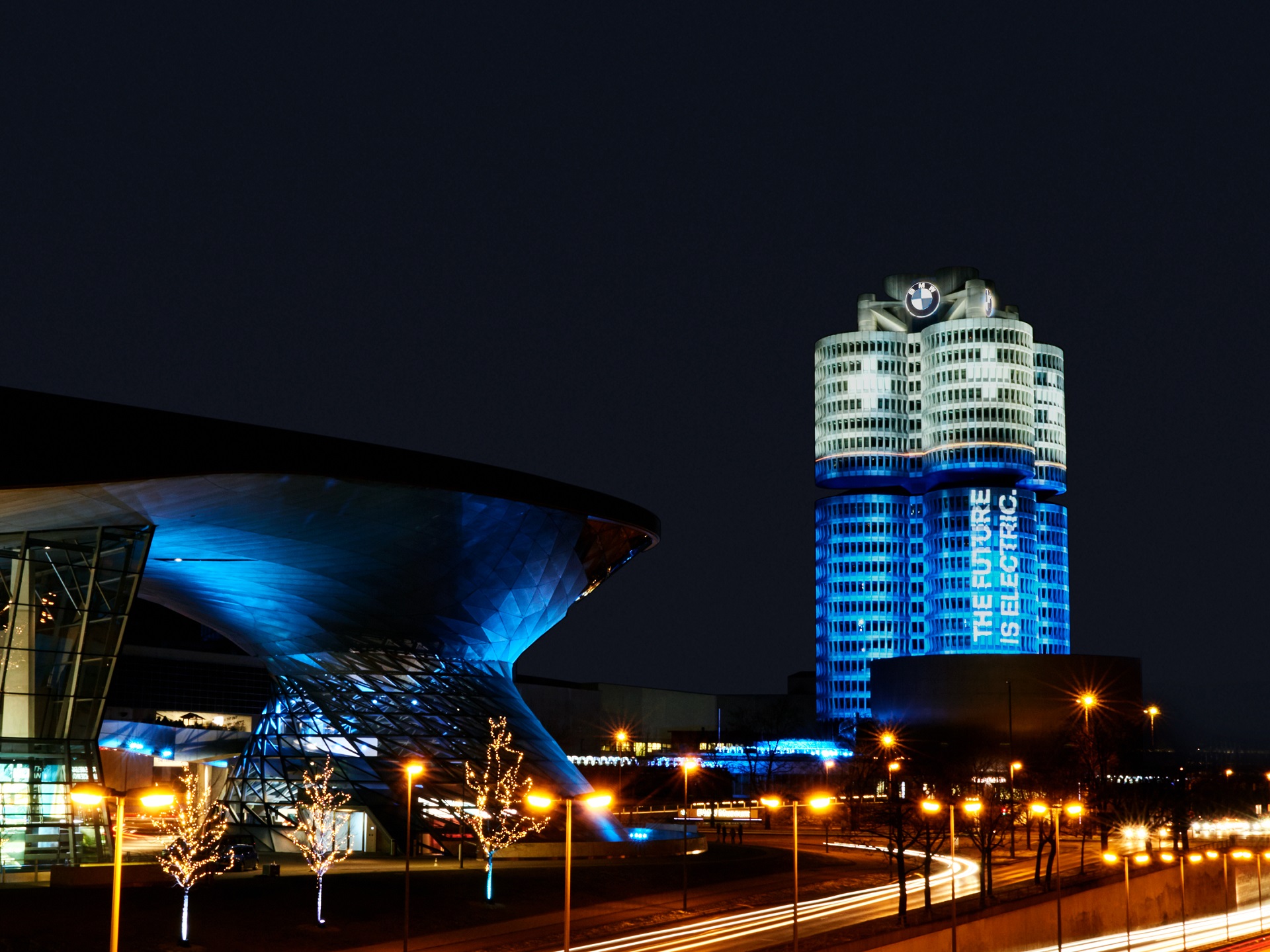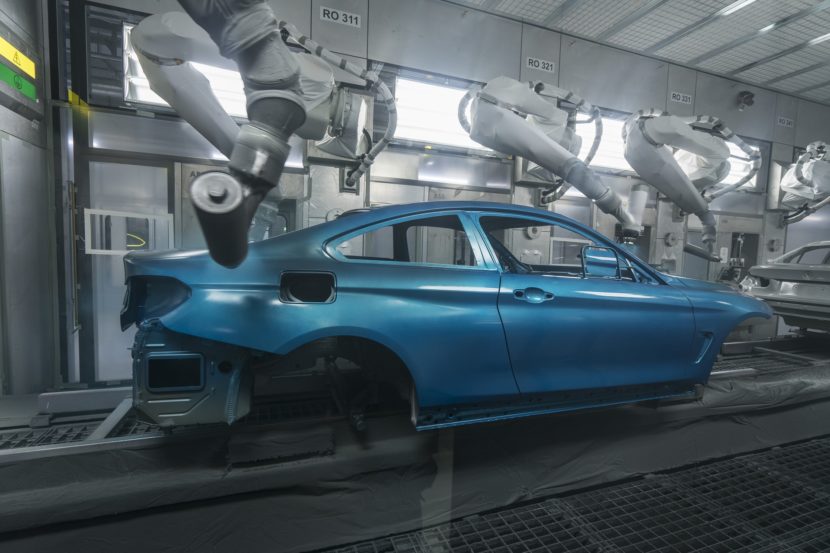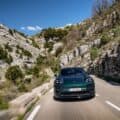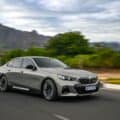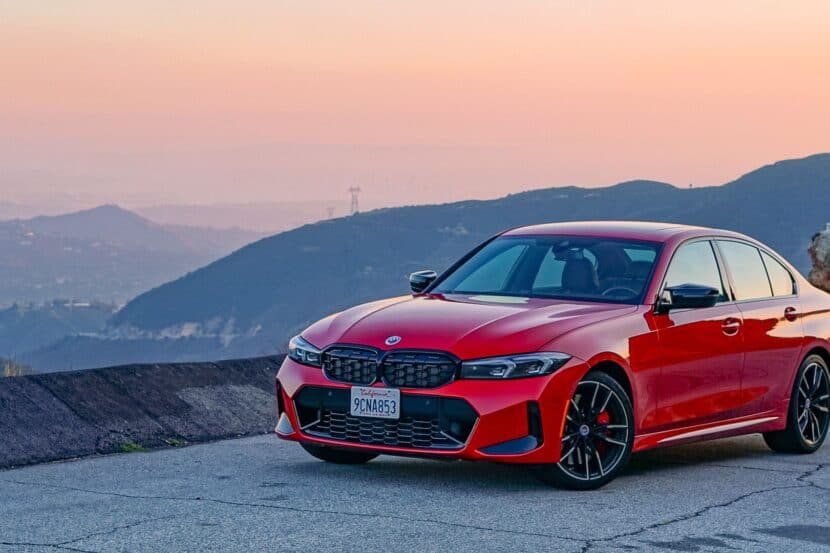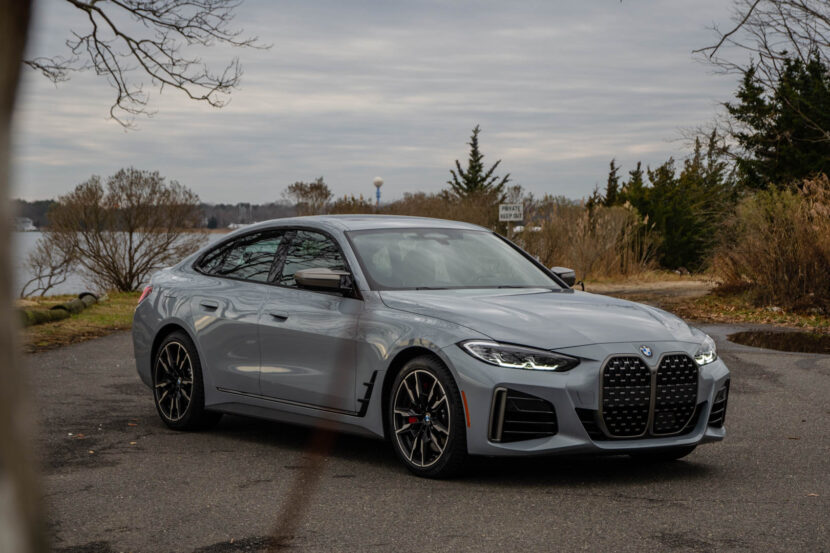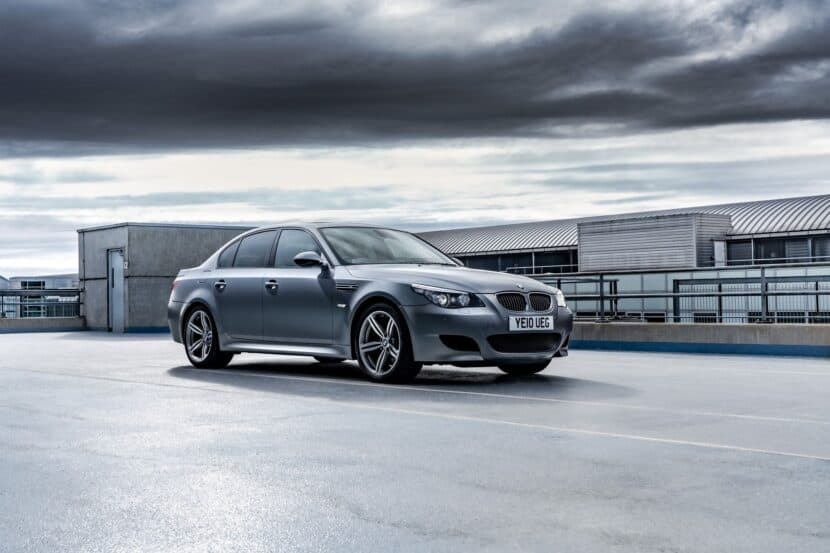BMW managed to further cut back on its fleet CO2 emissions in 2017, reaching an all-time record level. This is in tune with the company’s overall goal to drop the CO2 fleet emissions by 50 percent compared to 1995 by the time we get to 2020. At the moment, the drop rate is at 42 percent, with the average fleet CO2 emissions going down last year from 124 grams/km to 122 grams/km. Yes, it may seem like a small step but it’s a small step in the right direction.
Despite the decreasing share of diesels in core markets, the BMW Group reduced its average CO2 fleet emissions in Europe. A large number of projects helped the BMW Group manage its energy resources more efficiently in 2017 and continue to reduce its CO2 footprint: For example, wind turbines at the Leipzig site ensure that the BMW i3 is produced using solely CO2-free electricity. A new battery farm at the same location enables energy from the plant’s wind turbines to be integrated into the power grid.
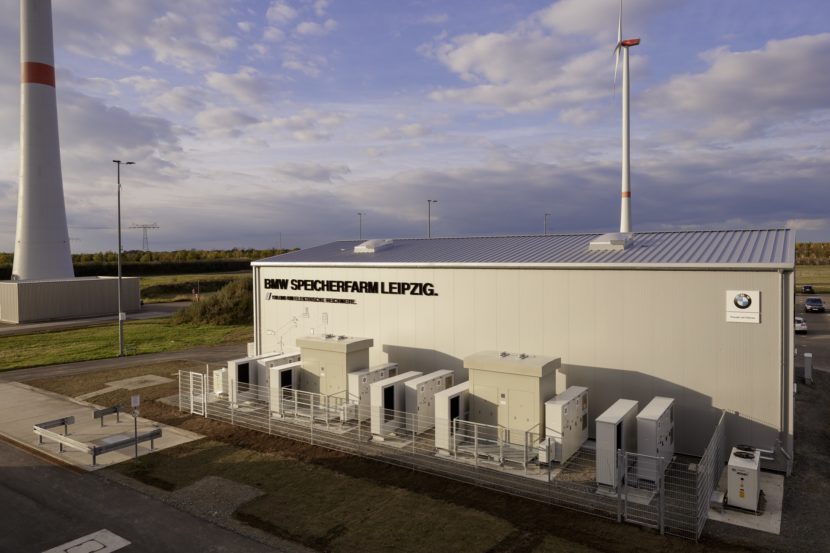
“In line with its holistic sustainability strategy, the BMW Group is focusing its climate protection activities not just on products, but also on emissions at its production locations. The BMW Group’s long-term aim is to achieve CO2-free production worldwide”, says Ursula Mathar, head of BMW Group’s Sustainability and Environmental Protection. Another important milestone in this direction was reached in 2017: For the first time in Europe, all purchased electricity came from 100-percent renewable energies. The goal is for all other locations worldwide to follow suit by 2020.
The decarbonization process as BMW calls it, is just part of the Group’s efforts in sustainable mobility. To sum up all of the achievements reached in 2017, the company will be publishing a Sustainable Value Report on March 21, providing a detailed overview of all facts and figures related to the field. “For us, sustainability means future viability – for the BMW Group and for society. We know the challenges and are rising to meet them. We develop innovative mobility solutions that create additional value for customers, the company and society,” said Harald Krüger, Chairman of the Board of Management of BMW AG: “The BMW Group doesn’t just make project announcements – we also ensure they are implemented.”
By focusing early on electromobility, the BMW Group has already earned itself a leading position in the market for electrified vehicles. In an expanded competitive environment, it is the clear leader in registrations of new fully-electric and plug-in hybrid vehicles in Europe, with a market share of 21 percent. The BMW Group’s percentage of the electrified vehicle segment is therefore already three times its market share with traditional models.
The substance of sustainable development, as well as reporting transparency, are also recognized by international experts: The BMW Group is the only automobile manufacturer to feature in the rating published by RobecoSAM AG for the Dow Jones Sustainability Indices (DJSI) every year since 1999. In the rating compiled by the Carbon Disclosure Project (CDP), the BMW Group once again earned the highest “A” rating for transparency and climate protection measures for the eighth consecutive year.
The BMW Group also achieved the top “A” rating in the CDP’s Global Water Report, which evaluates responsible use of water. In the most recent ranking compiled in 2016 by the Institute for Ecological Economy Research (IÖW) and the business association “Future e.V.”, the BMW Group’s Sustainable Value Report was named best sustainability report published by a major German company.


